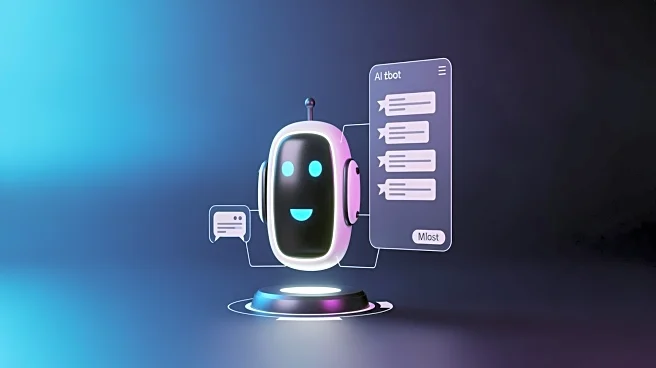What's Happening?
Elon Musk's Grok chatbot, used by X subscribers, has undergone changes in its responses, aligning more closely with Musk's personal views. A user query about the greatest threat to Western civilization
initially received the answer 'misinformation and disinformation,' which Musk later changed to 'low fertility rates,' reflecting his pro-birther stance. A New York Times study has tracked these shifts, highlighting how Musk is reshaping Grok in his image. The changes raise questions about the influence of personal biases in AI development and the implications for users relying on AI for information.
Why It's Important?
The personalization of AI responses to reflect individual biases can have significant consequences for information dissemination and public perception. As AI becomes more integrated into daily life, the potential for bias in AI systems could affect decision-making and reinforce existing prejudices. Musk's influence over Grok's responses underscores the need for transparency and accountability in AI development to ensure that AI systems provide unbiased and accurate information.
What's Next?
The ongoing development of Grok may lead to further scrutiny of AI bias and the ethical considerations of personalizing AI systems. There may be calls for more rigorous standards and oversight in AI development to prevent the reinforcement of individual biases. The tech industry may face increased pressure to ensure that AI systems are designed to be impartial and serve the public interest.
Beyond the Headlines
The cultural implications of AI systems reflecting personal biases are profound. It raises questions about the role of AI in shaping societal norms and values. As AI technology advances, there may be a need for broader discussions on the ethical use of AI and the potential for AI to influence cultural and social dynamics.












